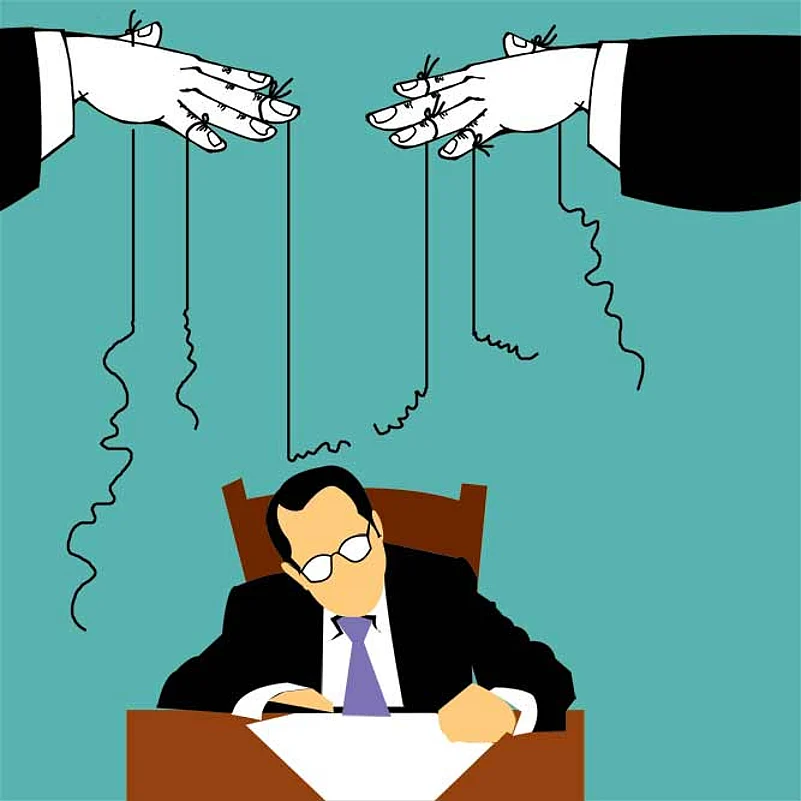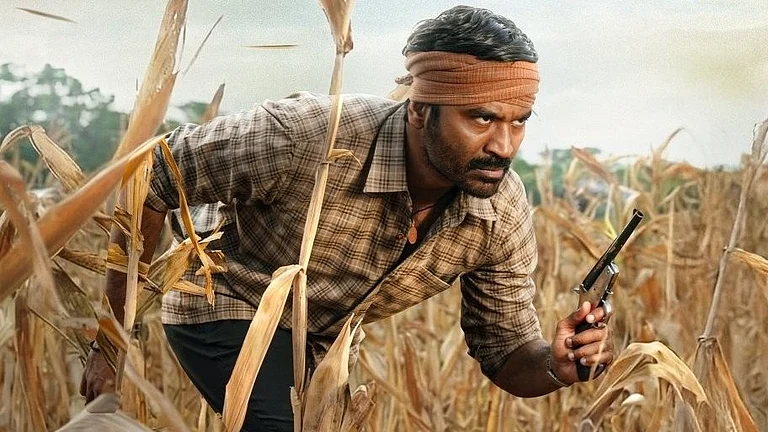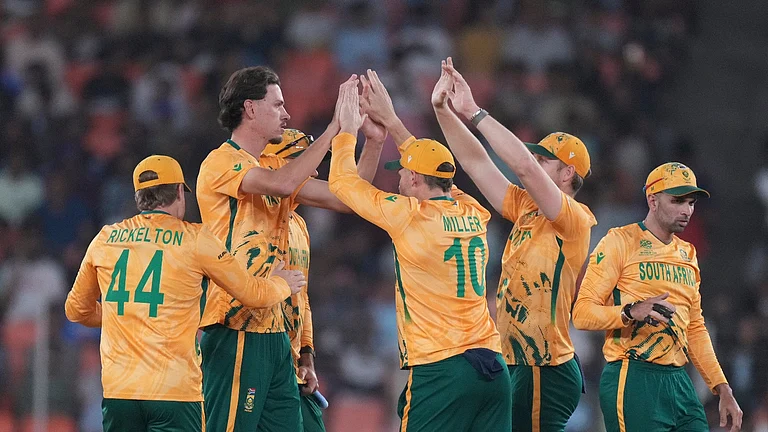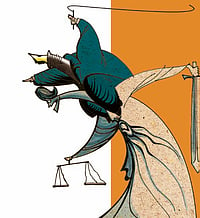In the wake of the row over Wendy Doniger’s book, The Hindus: An Alternative History, an old quote of Salman Rushdie suggesting that India is in the grip of a “cultural Emergency” has been dredged up by the media to feed the notion that it is becoming an increasingly illiberal and intolerant country. He made the remark more than a year ago while answering a leading question from a television anchor about the protests against his visit to India and whether he thought the old ‘Emergency’ days were back.
While the TV anchor got the headline she wanted, Rushdie’s broader point that culture by its very nature is a soft target and “artists do not have gangs to defend themselves” was drowned out in the rush to make it to prime-time news.
The idea that India is facing anything remotely like a cultural Emergency reflects the paranoia that has come to surround the freedom of speech debate. There is a growing tendency to seize on individual instances of intolerance to claim that artistic freedom in India is under siege and we are going down the “Taliban route”.
While it is good to be vigilant against attacks on free speech, a knee-jerk reaction to every incident is akin to crying wolf once too often. Which is what appears to be happening. No, there’s no evidence of Talibanisation of India; and India is not in danger of becoming another North Korea. For the facts are: India is one of the fastest growing book markets with publishers from across the globe dying to get a foot in. It has the world’s most vibrant film industry after Hollywood, boasts of a thriving free press, hosts several major literary festivals, and remains a favourite destination of foreign writers and artists.
As for India’s much-damned record on book-banning, since Rushdie’s Satanic Verses was banned to be imported under customs law some 25 years ago (which was not challenged in courts), higher courts have consistently upheld free speech, with few exceptions. An attempt to ban Rushdie’s The Moor’s Last Sigh was declared unconstitutional by the Supreme Court. The SC and high courts have saved a number of books from being banned by state governments. These include Jaswant Singh’s book on Jinnah, sought to be banned by the Gujarat government, and James Laine’s Shivaji: Hindu King in Islamic India, which fell foul of the Maharashtra government.
Although state governments often buckle under pressure, and there is a tendency at the lower levels of judiciary to be swayed by extra-judicial factors, the important thing is that they do not always succeed. Ideally, of course, there should be no room for bannnig even a single book or curbing free speech in any manner, but in a society as culturally diverse and complex as India that is easier said than done. Even in America and Europe—the so-called free world—books are routinely withdrawn by publishers, plays are pulled, films censored and TV shows dropped for a variety of reasons, including pressure from right-wing groups, threat to law and order, defamation claims and commercial factors.
In the UK, HarperCollins controversially dropped Chris Patten’s memoirs about his time as Hong Kong governor, reportedly on the direct orders of Rupert Murdoch, who feared it might upset China and jeopardise his plans there. Later, it was published in America, famously with a sticker on the front reading ‘The book that Rupert Murdoch refused to publish’. The crucial difference is that, in the West, the state does not normally interfere, though even there ‘national security’ is frequently invoked to outlaw books by former diplomats and intelligence officers. There is a perception, created by hyperventilating free speech campaigners, that religious or cultural intolerance is behind every such case. But defamation claims by the rich and the powerful are a greater threat. Most books withdrawn in recent years were a casualty of defamation threats.
Faced with time-consuming and expensive litigation, publishers understandably choose to settle. From the ivory towers of academia, it’s all too easy to accuse them of putting profit over free speech, missing the point that for all its noble foundations, publishing is ultimately a commercial venture. Yet, generally a publisher’s first instinct is to save the book, for the simple reason that it is in their own commercial interest to make sure it remains in the market.
Meanwhile, contrary to the prevailing view, India’s record on literary censorship has actually improved over the past decade compared to the period up to the 1970s. But few have cared to notice because it doesn’t fit into the headline-grabbing ‘freedom of speech in peril’ narrative.
Given the myriad political, cultural and social tensions at the best of times, India has done a pretty good job of protecting free speech. Let’s stop crying wolf.
(London-based Hasan Suroor is the author of India’s Muslim Spring. This is an edited version of the article that appears in print)
























